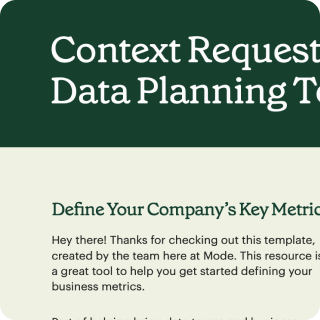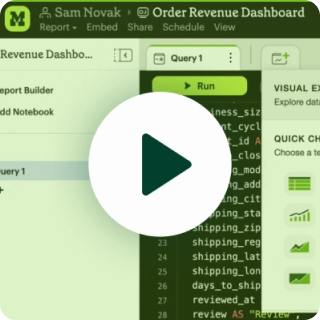Anytime you look for patterns in previous experiences, or make a tradeoff between one option and another, you're analyzing something. This means nearly everyone in the workforce does some sort of analysis every day, every time they make a decision.
The need for hard data to help make these decisions in the workplace gave birth to the idea of an “Analyst” as we know it.
The role of an analyst has historically been to procure quantitative evidence for those who cannot get it for themselves. But the skills to get data for oneself are increasingly common in most workplaces.
This notion has become so mainstream that there's special name for it now: the “Citizen Data Scientist” - someone who does analytical work from outside their organization's data science/analytics department.
So what do analysts do when the people to whom they have been providing data begin to get that data for themselves?
Give yourself a gut check. Are you working on analysis of strategic importance? Are you working on problems that you are uniquely positioned to solve? Are you excited about the potential outcomes of the questions you're asking?
There is so much more to being an analyst than shuffling reports:
- Analysts who no longer spend their days doing reactive reporting, answering questions for other departments, are free to dedicate their time to proactive projects. Come up with some questions of your own that could impact your organization.
- Every business has high-leverage problems that require a deep understanding of the data in their organization to solve. These are questions that the average Citizen Data Scientist isn't suited to tackle. Think about the most complex data-related challenges your company will face this year — and try to solve them.
- When your colleagues can answer their most time-sensitive questions on their own, you can work on bigger, wider questions, which may have otherwise been pushed down the urgency list. Look for murky problems that you can address before they become bigger issues in the future.
- With the additional bandwidth freed up by their colleagues, analysts can also pursue deeper specialization. Try embedding with a specific team within your company and focus on making them as effective as possible.
The job of an analyst today is to accelerate a company on this path. Level up your colleagues so that they can find answers to their own data questions, and you can take on higher-leverage work. In doing so, you will level yourself up to go deeper, and solve your organization's toughest problems.





